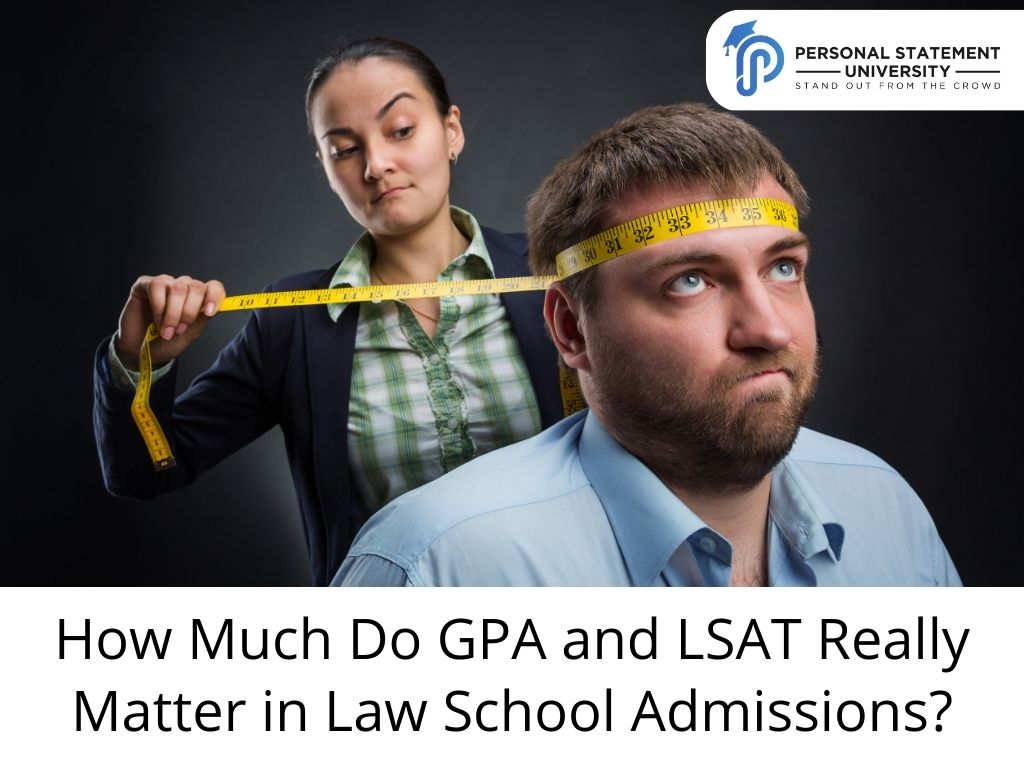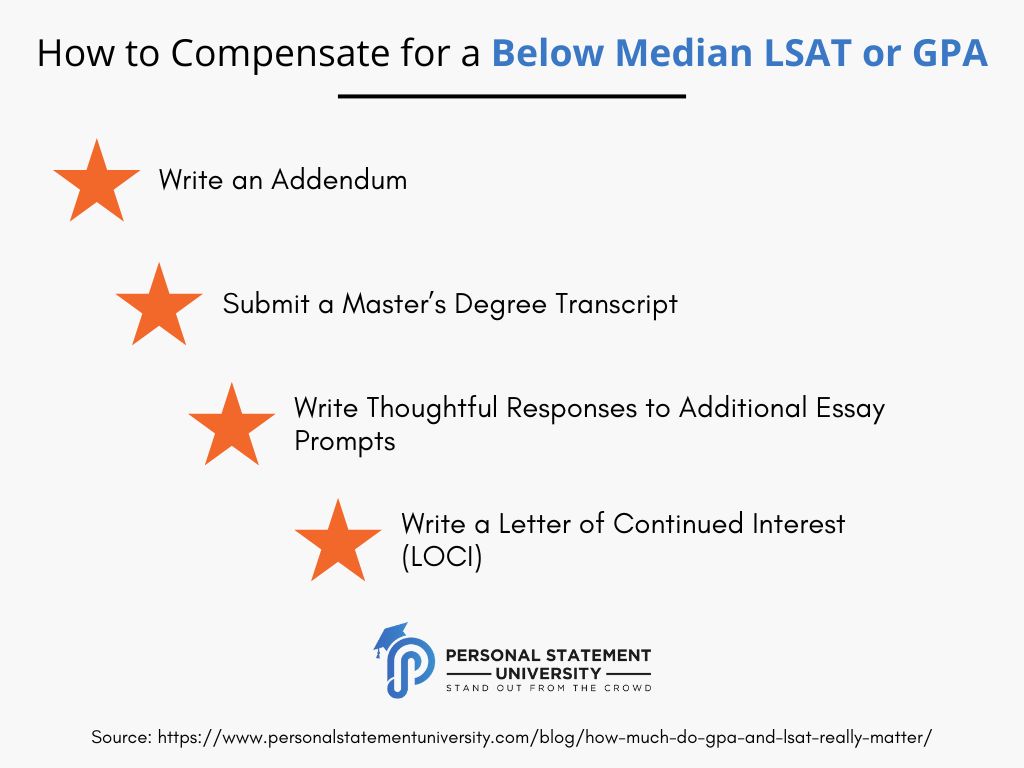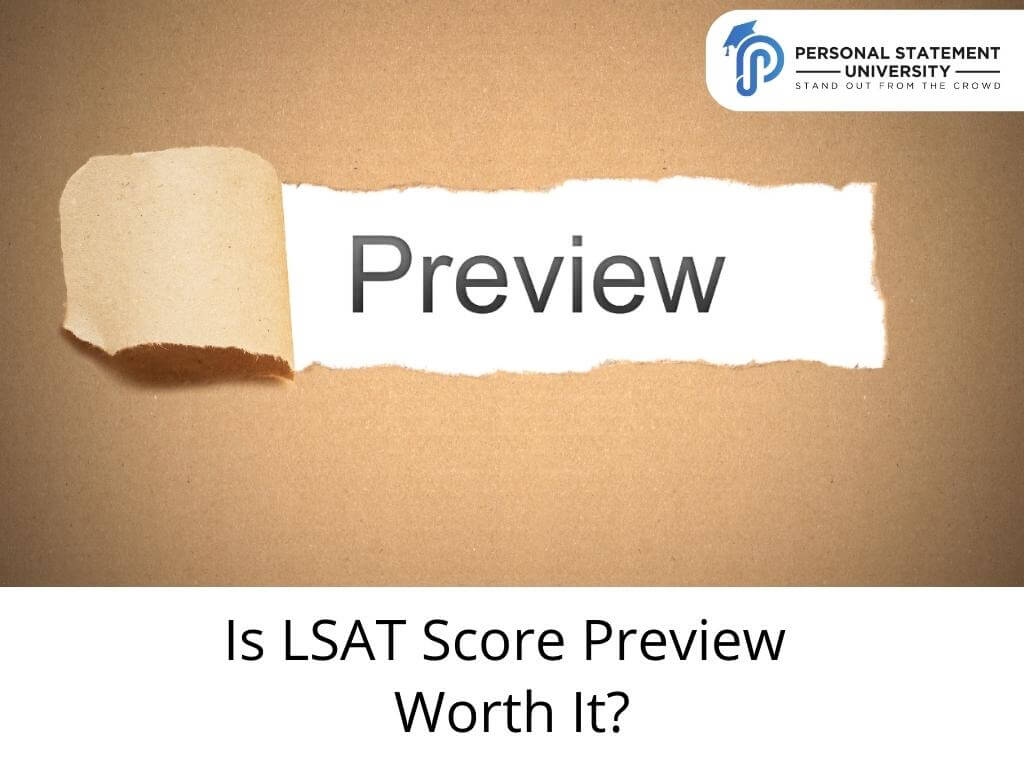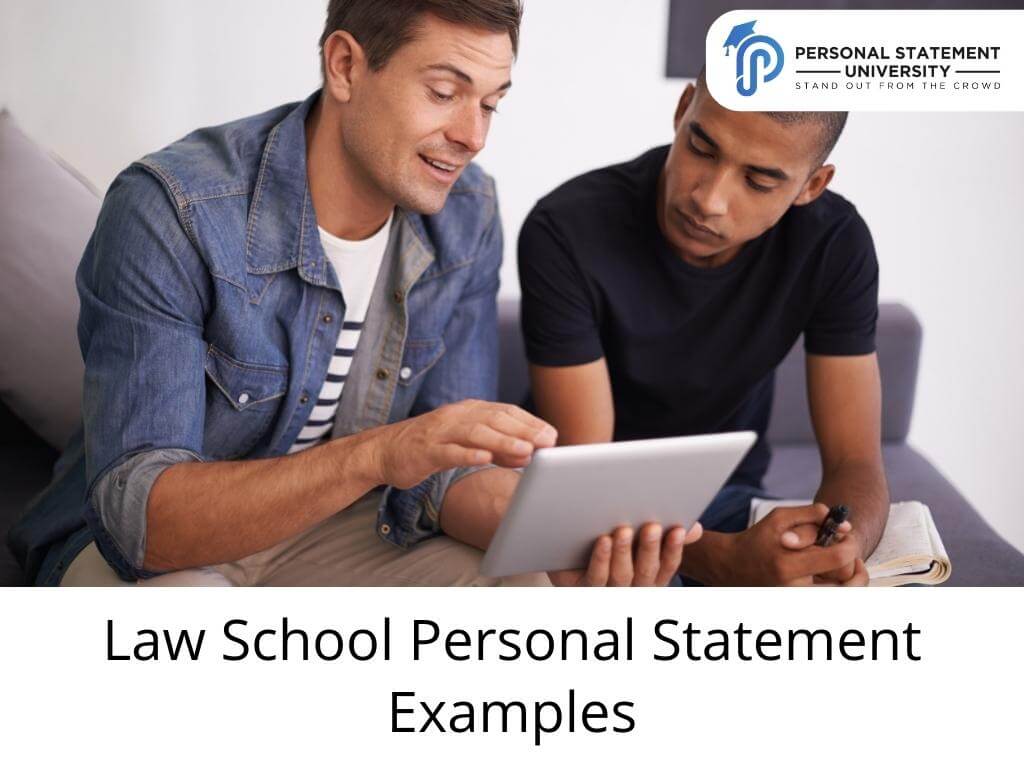Still Confused?
Get in touch with us for
professional guidance.


The truest answer to this often asked question is that they matter a lot, but maybe not as much as you’ve heard. Knowing just what law schools use GPA and LSAT for and what they don’t can help you understand their place in your application package and how the rest of that package ought to be shaped to put them in the proper context. In short, GPA and LSAT don’t define you, and if you let them define your application, you’re not giving yourself your best shot at the law school of your dreams.
Law Schools Use Them to Assess Your Potential for Success (Duh)
Law school is hard, and LSAT and GPA each tell law school admissions officers something different about you. The LSAT shows that you can do something very much like legal reasoning, which is its own weird pattern of thinking that not everyone is cut out for. If you’re good at the LSAT, it means that reading dense judicial opinions and understanding how arguments work is something you can probably do if you set your mind to it.
And GPA just shows that you’re capable of getting through a multi-year higher education journey, including how to study and how to navigate the inevitable bureaucracy, so you won’t just drown when you get there (hopefully).
But Law Schools Can’t Distinguish You on the Basis of Numbers Alone

If you’ve got a 3.7 and a 165, congratulations! You’ve got better numbers than most applicants. But you’ve got the same numbers as a whole lot of applicants and worse numbers than a significant minority of other applicants. And if you’re applying to Yale with these numbers and nothing else, you look like the kind of person who’s just gonna drag the curve down.
The other required pieces of the application are a personal statement, letters of recommendation, and a résumé. This is where you get to tell a story. The rest of your application package is where law schools assure themselves that you’re actually serious about law school and the practice of law.
Law schools succeed when they turn out lots of students who pass the bar and go on to become successful lawyers. If the rest of your application package shows that you have relevant experience, have some kind of vision for your law school and legal career, and know what you’re getting yourself into, that makes a law school certain you will succeed.
In short, having a good LSAT and GPA is possible because you’re a good student in the abstract but not really cut out for law school. If law school admissions officers can’t find a rationale for law school in the rest of your application, that high GPA and LSAT will only get you so far.
So What Is a Good GPA for Law School Admissions?

I knew you were going to ask that [sigh]. The shortest answer to that question is that you can just do a web search for “median undergraduate GPA [law school]” regarding whatever school you’re interested in. If it’s an ABA-accredited school, they must disclose the GPAs of the students they admit so this information is publicly available. If you’re at or above the median, that means you are doing well. If you’re below the median, you’re not necessarily toast. Look at the 25th percentile for that school. 25% of students got that GPA or below, meaning it’s perfectly possible to get into that school with that GPA, assuming the other pieces of your application package are persuasive.
And What Is a Good LSAT Score for Law School Admissions?
The way you figure out what a good LSAT score is just the same as a good GPA. Do a web search for “median LSAT score [law school].” Ideally, you’ll be at or above that median, but the 25th percentile score will show you what the low end of competitive scores is, and if you’re above that 25th percentile and the rest of your application package is solid, you’ll be in good shape.
How to Compensate for a Below Median LSAT or GPA
First, manage your expectations. If you’re below the median in both LSAT and GPA at a law school, the law school has to take a hit on both of those statistics in order to admit you. If they do that with enough students, it can hurt the ranking of the institution, and they don’t do it without good reason. So, you’ll need to have a really strong application package and other affirmative reasons for acceptance, and those reasons need to show that LSAT and GPA are not predictive of your performance. There is no silver bullet here, but the admissions committee wants to admit interesting and talented people, not just high LSAT scores and GPAs, so give them something to hang their hat on to make an exception.

Write an Addendum
Just about every law school invites students to submit an addendum (or sometimes more than one) to explain a negative fact in the student’s application. You can write one to explain why you think your LSAT score or GPA is not representative of your potential. Without going into detail, though, the best addendum explains without making excuses and provides a reason to believe that the candidate has learned valuable lessons from the negative experience that will make them a better law student.
Submit a Master’s Degree Transcript
Your LSAC-calculated GPA takes into account only the work you did before getting your first bachelor’s degree. While submitting other transcripts won’t change that calculation, a recent trend in better grades can help put lower grades from earlier in your education career into perspective.
Write Thoughtful Responses to Additional Essay Prompts
In most law school applications, there is the opportunity to write additional essays. The most common of these essays are a Diversity Statement, where you share how you can contribute to the diversity of the law school community, and a Why This Law School essay, where you describe what makes you and that particular law school a good fit for each other. Showing that you’ve done your research on a school and are applying for solid reasons can boost your chances.
Lots of law schools also ask other questions to try to get a sense of an applicant’s personality, values, or history. These can range from questions like “Please share a Top Ten list with us” to “Tell us about a time you stood up for yourself” or even “What unpopular opinion do you have and why?” Answers to these questions can give admissions officers data about you that is more than just a grade or a test score.
Write a Letter of Continued Interest (LOCI)
If you’re on the waitlist, you can also write a letter of continued interest. These letters, if timed right and well written, position you to get off the waitlist by making the admissions committee’s job easier. In other words, they can help you leapfrog over someone else on the waitlist by giving the admissions committee an affirmative reason to select you.
Reach Out for Help With Your Application

We’ve got a long history of helping people stand out and shine, getting them accepted to institutions where their LSAT or GPA might seem at first to be prohibitive. We can review the pieces of your application package to make sure it’s maximally effective and suggest other avenues to raise your chances.
First published: Jul 5, 2022
Updated: Mar 13, 2023

Let Personal Statement University Put You on the Path to the Law School of Your Dreams:
Application Consulting - Work with a 15-year veteran of law school admissions who's helped thousands of people get admitted.
Essay Editing - Whether it's a personal statement, diversity statement, addendum, or another essay, we'll make sure it's polished and targeted.
The World's Only Interactive Personal Statement Course - Learn everything you need to know to get admitted - and find the right schools for you - for just $99.



